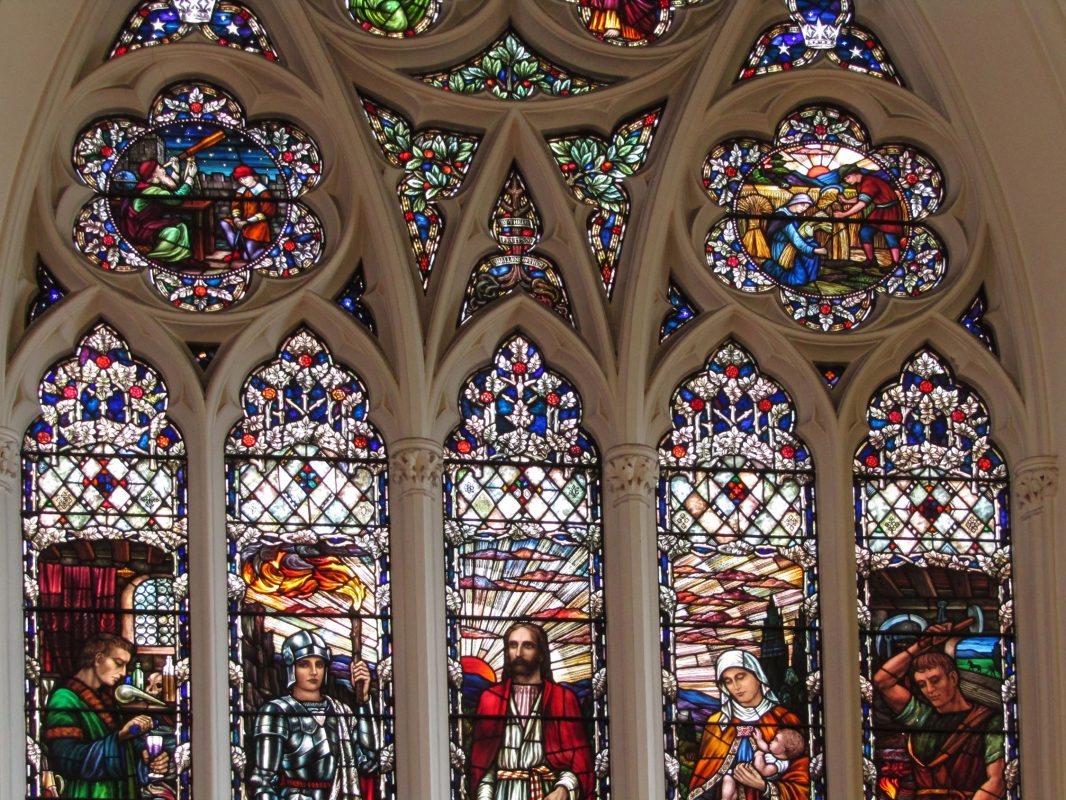What do Unitarians believe?
We are a spiritual community in which each person is encouraged to think for themselves in a spirit of freedom, reason and tolerance.
A wide range of deeply-held views
Unitarians have no dogma and no set creed. But this does not mean that members are without beliefs. Few religious communities display such a wide range of deeply held views. This is partly because we come from varying traditions and backgrounds. Many of us have left traditional Christian churches, or other faiths. Some hold agnostic or even atheistic attitudes and of course there are those who have inherited Unitarian values from their families.
A wide range of influences
Traditionally, Unitarians have always believed in the indissoluble unity of God. This meant that they were unable to accept the doctrine of the Trinity, which holds that there are three persons in the one God. In times past, Unitarians were persecuted for taking this stance. Today, most Unitarians would probably hold the same view and believe that Jesus was an extraordinary human, from whom we can take considerable inspiration. We feel that Unitarians can be called Christians in the sense that a person is a Christian who tries to live in accord with the teachings of Jesus rather than struggling to accept the teachings about him. However, our spiritual lives and worship are inspired by many religions and by the great thinkers, religious and secular, throughout the ages.
Whatever our individual journey, few Unitarians would quarrel with the following.
- We believe in freedom of religious thought.
- We believe in the supreme importance of human reason and scientific inquiry.
- We affirm that tolerance is an essential virtue. We respect other religious traditions.
- We do not define for others what the word “god” means. For many it signifies what they believe to be of supreme worth.
- We examine all religious scriptures but accept only that they are human products.
- While we have rites of passage such as baptisms, marriage, civil union and funeral ceremonies, we do not believe in the concept of sacrament.
- We believe in the dignity and worth of every person. We believe in gender equality in all matters.
- We believe a person’s gender and sexuality are to be respected, celebrated and free from discrimination.
- We believe that we have a moral responsibility to care for the physical environment.

